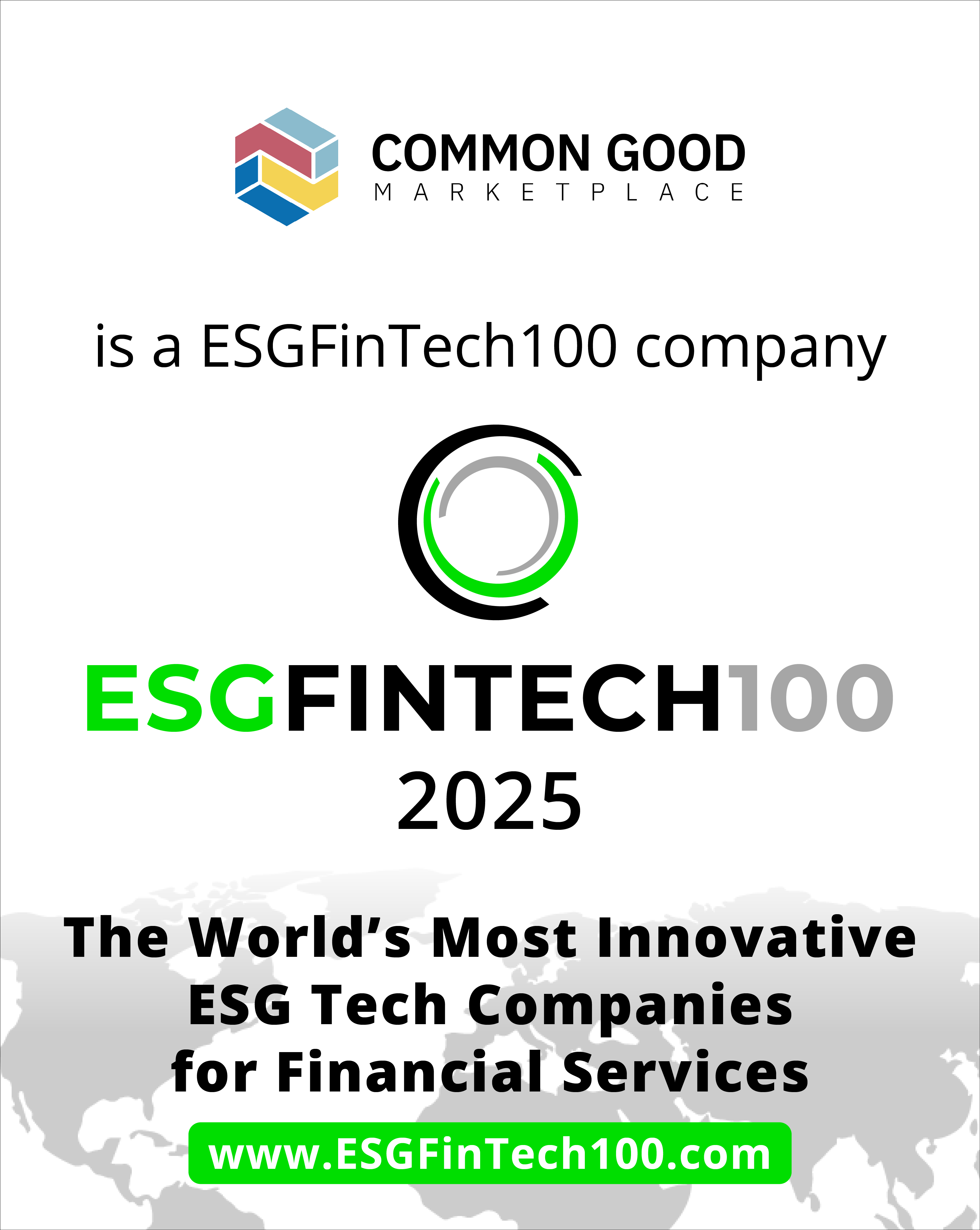

CGM at the OECD Global Action Summit
.jpg)

Photo credit: Vic Tonelli
"...as time goes on market-based values for impact will be determined that help investors make better and better decisions."
CGM recently attended and had the chance to speak at the OECD Global Action Summit on advancing the Social and Solidarity Economy on a panel about the importance of impact measurement and results based financing (See the full recording here). The spectrum of policy makers, practitioners, researchers and social enterprises was impressive and the kind of stakeholder consultation that makes real impact possible.
Below are the series of questions our CEO, Greg Spencer, was asked on a panel with Catherine Clarke of Duke University’s Case Business School, Belisa Rojas of SDG Impact Standard and other policy makers and cooperative leaders.
Why do you believe social impact is key to unlock development opportunities for social enterprises?
First SEs can both maximize and manage social impact with high quality measurement. Second, investors, foundations and capital generally flow to orgs that have strong evidence for their impact. But the standards and expectations for social impact are increasing and funders increasingly want to fund verified results at scale.
We told a story from a previous venture that many of us at CGM built called the paradigm project to bring the points above in context. You can see the final report from TPP here. The main lesson we learned, that’s built into our DNA at CGM, is that positive outcomes (sometimes called positive externalities) are either unrecognized or significantly undervalued and must be.
We shared how this story has led to some incredible interest, support and work with some of the world most innovative and impactful organizations like Google (Startups for Sustainable Development) and UBS - Optimus Foundation and how we’re just getting started.
Through your entrepreneurial endeavors, you have become an advocate of impact measurement as the new basis for market transactions. How can we make sure impact considerations are streamlined across private investors and buyers?
Regarding the first question of how impact can be considered and streamlined, we need to first agree on what social and environmental impacts to measure, how they are measured so a consistent standard(s). In terms of streamlining, valuation of impact of impact monetization allows us to price impact and reflect it in the context of traditional financial statements and as time goes on market-based values for impact will be determined that help investors make better and better decisions.
What kind of initiatives would you like to see from policy makers in your country and worldwide?
We are proponents of market-based solutions and as such, advocate strongly for incentive-based policies and voluntary markets first with some support from measured regulations that enforce some baseline change. The carbon markets have been far from perfect, but their creation has created over $850b in value and could be a model to mimic and refine. If a combination of carrot and stick policies are used, with the carrot being a market-based solution to advance social and environmental outcomes and the stick being something like the Corporate Social Reporting Directive, that would be a great approach from my perspective.
How can we include hard-to-measure impacts?
Regarding harder to measure impacts like well being, there are many tools available like Harvard’s human flourishing project that are driven by stakeholder feedback. Another is the Impact Management Platform’s guide on self reported impact. Those are all great tools that are available. I’ve found that as long as you thoughtfully engage and survey stakeholders you can usually capture the harder to measure impacts.
Interested in learning more about our work? Get in touch with us.
.png)



.png)